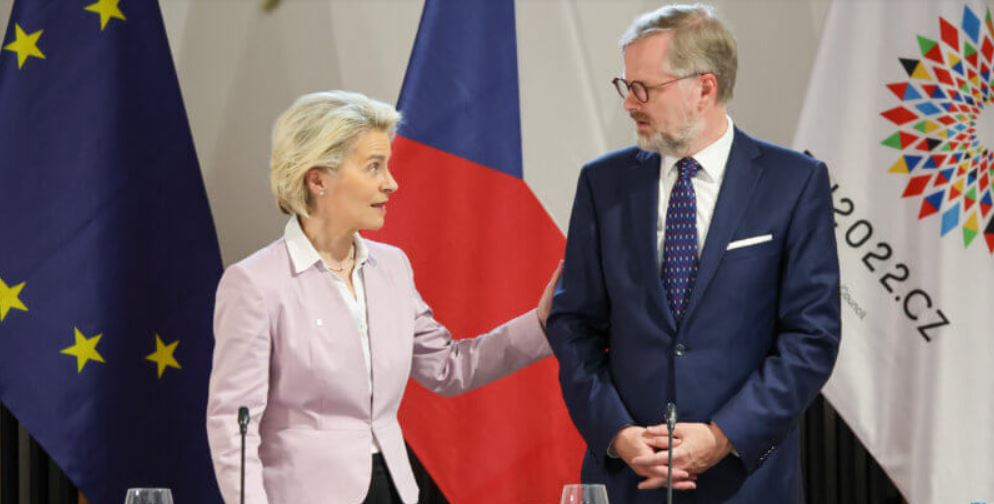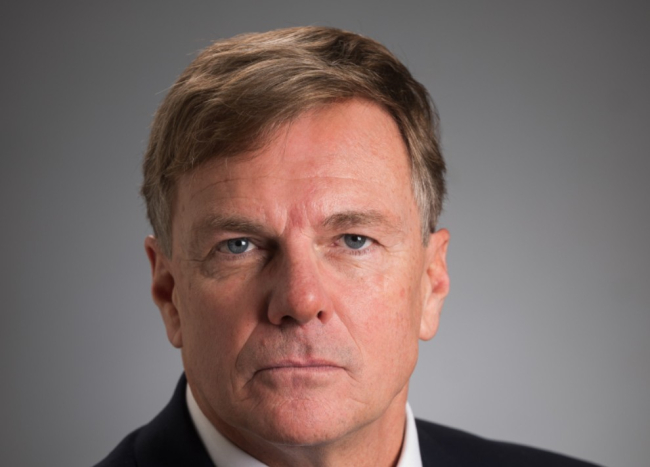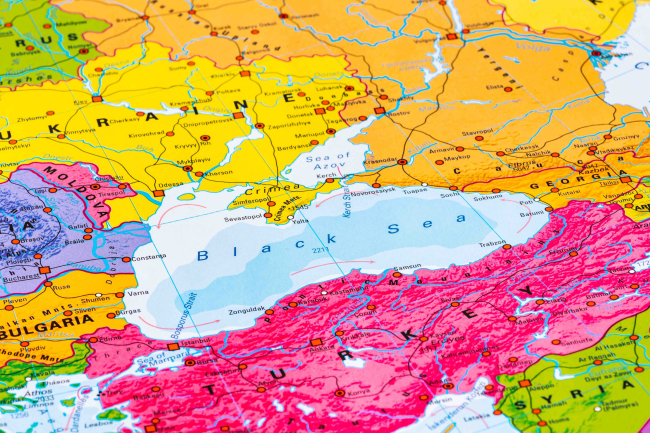Has the European Union risen up to the challenges of geopolitics? Europe after the Czech Presidency of the Council

Practical information
The invasion of Ukraine by the Russian Federation last year has completely overhauled the geopolitical situation on the European continent in 2022. It has exposed critical vulnerabilities in the European Union but also demonstrated that Europeans are able to act quickly, effectively, and in a united way.

The EU’s response has been far-reaching, with measures focusing both on the short-term, e.g. on refugees, sanctions, energy, defense, etc., and the long-run, e.g. on Ukraine’s post-war recovery, European political community, etc.. After Paris in the first semester 2022, the Czech Presidency of the Council has played a key-role in advancing this strategic agenda. What assessment can be done of this Presidency of the Council and Prague’s diplomatic efforts in turbulent times? What course has the EU set for itself in the new geopolitical context? What common horizon do France and the Czech Republic draw, together with Austria and Slovakia, for EU’s global role in the age of uncertainty?
14h00 Introduction
Dietmar Schweisgut, Secretary General of the Austro-French Centre for Rapprochement in Europe, Vienna
14h05 Panel discussion
Martin Vokálek, Executive Director of the EUROPEUM Institute for European Policy, Prague
Georgina Wright, Senior Fellow and Director of Institut Montaigne´s Europe Programme, Paris
Vladislava Gubalova, Senior Research Fellow at the Globsec Policy Institute, Bratislava
Paul Schmidt, Secretary General, Austrian Society for European Politics, Vienna
Lívia Benko, Research Fellow, Austrian Institute for European and Security Policy, Vienna
Moderation
Dietmar Schweisgut, Secretary General of the Austro-French Centre for Rapprochement in Europe, Vienna
15h15 End of the discussion
The videoconference will be held in english
Registrations : https://form.jotform.com/230093311603341
Zoom link will be sent before the event.

Related Subjects
Other events

Foreign Intelligence Services Amidst the War in Ukraine: Adapting to a New Strategic Reality
European foreign intelligence services have had to continuously adapt to the rapidly evolving security landscape of the past few years. Following challenges such as the COVID-19 pandemic, financial crises, and hybrid threats, the Russian war of aggression against Ukraine has placed conventional military conflict at the centre of European security concerns.

Affirming European Security in Ukraine and the Black Sea Region
European security has been challenged in 2022 with the full-fledged invasion of Ukraine by the Russian Federation.

Doing Politics in African Cities: Actors, Causes and Forms of Urban Social Mobilization
From Maputo to Nairobi and from Lagos to Dakar: recently, African cities have been the theatre of mobilizations by groups of young protesters.







